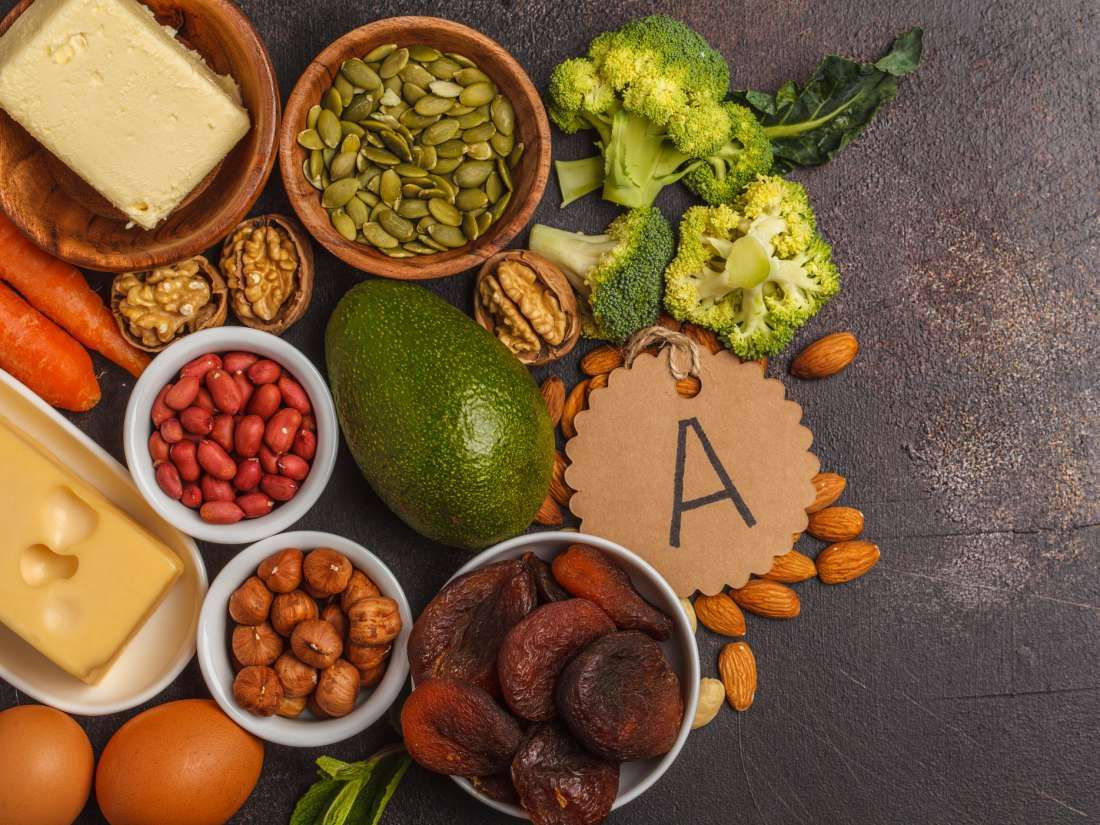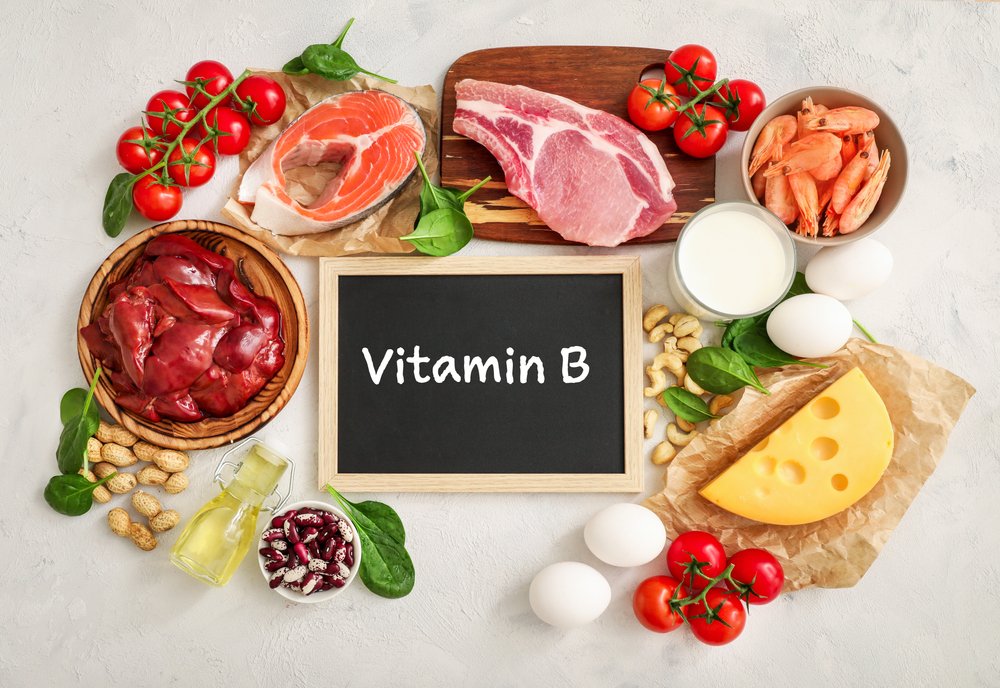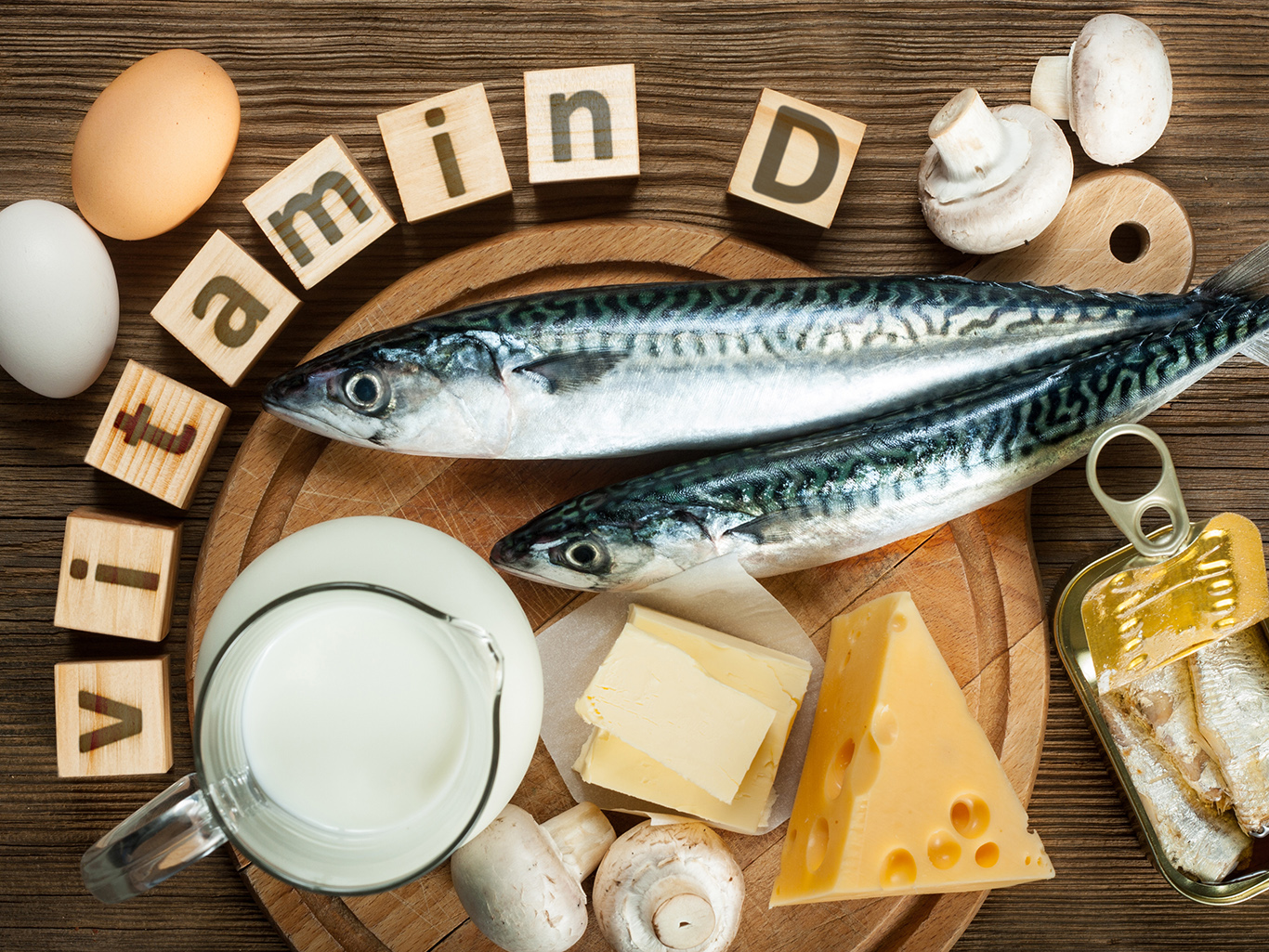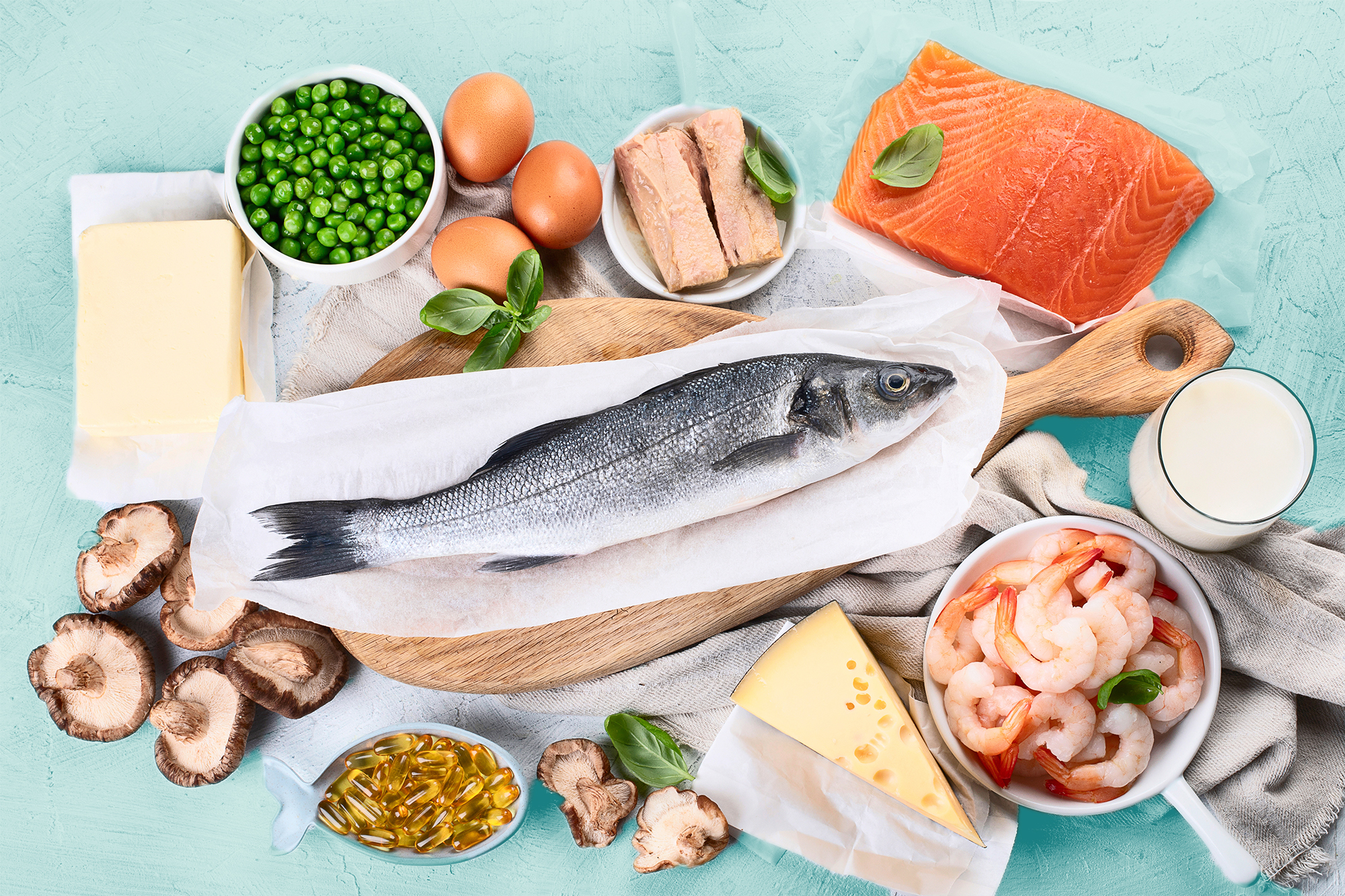The food that we consume contains many important components, such as proteins, fats, carbon hydrates, water and mineral substances. But all this is not enough. In order to keep us alive, we need yet vitamins.
Plants and animals produce vitamins. We need to use vitamins in certain amounts for the normal life processes to take place. When our body does not have enough vitamins, there are some diseases.
When, more than a hundred years, vitamins discovered, did not know their chemical composition. They are simply called vitamin A, B, C, D and so on. Read also Facts About Eating Healthy Food!

Facts about Vitamin A
Vitamin A is found in the fatty tissue of animals and derived from plants with which animal food. This vitamin is important for the maintenance of vision. You can find in milk, egg yolk, liver, fish oil, carrots and so on.
Vitamin A protects cell membranes and strengthens the skin and mucous membranes, which helps prevent many infections and uncontrolled proliferation of tissue, it can rightly call “patron of the whole organism.”
Vitamin A is important for reproductive function in both men and women, and it is also essential for proper immune function.

Facts about Vitamin B
Vitamin B is actually a group consisting of at least six different vitamins. The best-known is vitamin Bi, which is necessary for the normal operation of the nervous system. It is located in milk, fresh fruit and cereal grains.
If is in the body enough B vitamins, we are happy and satisfied, good sleep and have enough energy. Their lack has a direct impact on cardiovascular health.

Even 20 percent of depressive states is associated with a deficiency of one or more vitamins of the B complex group. Our mood, memory, motivation and a sense of satisfaction is determined by vitamins B12, B3 and B1.
Vitamin B1 is essential in the process of converting carbohydrates into glucose from the body and brain gain energy. It is irreplaceable in the production of energy at the cellular level, as well as the production of energy from fat.

Facts about Vitamin C
Vitamin C is the most famous of all vitamins. Because of the lack of this vitamin are sprayed small blood vessels, and creating bruises, especially around the eyes, while gums often bleeding, in addition, is reduced and the resistance of the whole organism, especially to some diseases. Vitamin C is in the fresh fruits and vegetables.
Vitamin C discovered and described Hungarian biochemist and Nobel Prize winner, Dr. Albert Szent-Gyorgyi, who for this extraordinary discovery in 1937 received the Nobel Prize for Medicine.

Facts about Vitamin D
Vitamin D is important for the proper development of teeth, bones and whole skeleton. Due to its lack, arises disease called rickets. It can be found in large quantities in fish oils, liver and egg yolk. The sun’s rays allow the creation of this vitamin in our skin.
Older people and those with dark complexion, do not get as much benefit from the sun as a light-skinned people. Experts say it is best for them to take vitamin D through diet and supplements.

People who have higher levels of vitamin D have a lower risk of developing type 2 diabetes. Also maintain optimal levels of vitamin D in the blood may be a strategy for the prevention of diabetes type 2.
Vitamin D plays an important role in activating the immune system to defend against diseases such as influenza. The lack of this important vitamin can result in a higher risk of contracting viral diseases.

